Philly Fed Survey Points to Manufacturing Rebound
One of the best indicators of economic growth points toward acceleration in May and shows no signs of trade war strain.
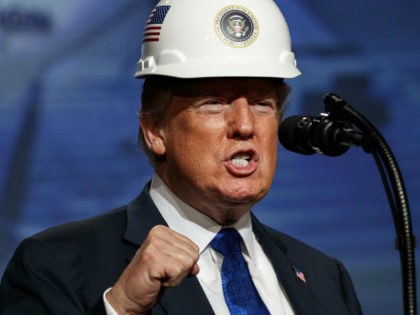
One of the best indicators of economic growth points toward acceleration in May and shows no signs of trade war strain.

The Koch brothers’ — the billionaire plutocrats and GOP mega-donors — network of organizations are railing against President Trump’s tariffs on China to protect American workers and U.S. industry.
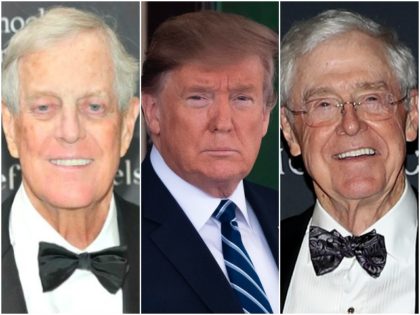
The Fed’s survey of New York manufacturers shows an upswing in conditions and no negative drag from rising tariffs.
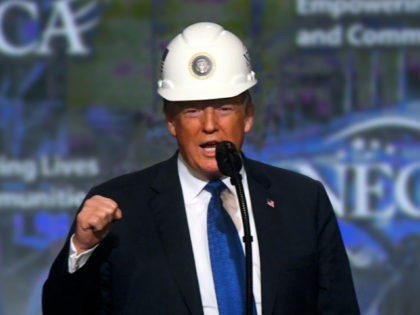
The Dow added more than 200 points on Tuesday as investors recovered from their tariff jitters. Tech stocks performed best.
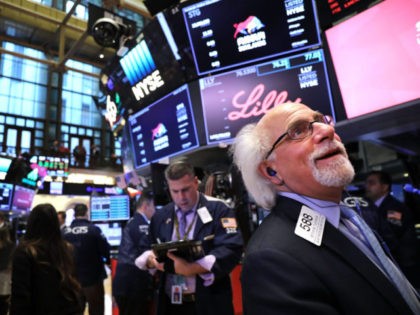
The prices of Chinese goods imported to the U.S. fell in April by 0.1 percent after holding steady in March. Prices are down 1.1 percent over the past twelve months. Import prices reported by the Labor Department do not include
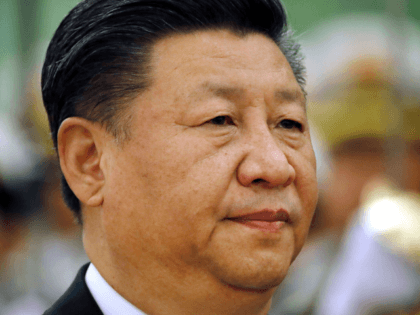
President Donald Trump defended his new tariffs on Chinese products in the ongoing trade battle on Tuesday, promising that a deal was on the horizon.
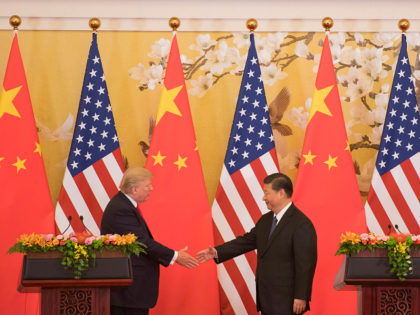
Henry Olsen said “re-balancing” U.S.-China trade and fighting America’s “addiction” to profits from China is Donald Trump’s priority.
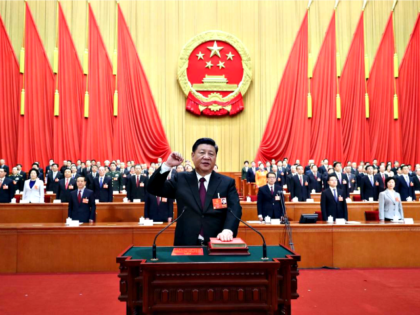
Leading Democrat presidential primary candidate Joe Biden said in a 2013 speech that China’s economic dominance is “overwhelmingly” in the United States’ interests.
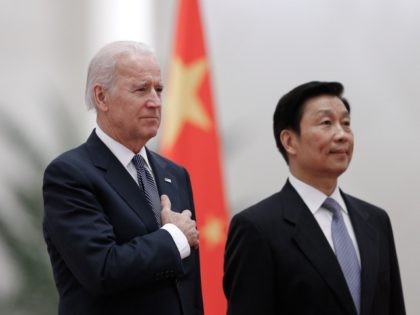
President Donald Trump emphasized Monday the U.S. could employ tariffs on yet another $325 billion in Chinese goods while revealing that decision has yet to be made.
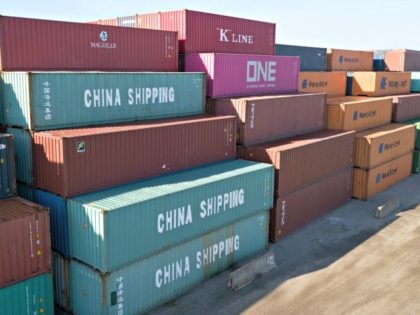
“The only people paying the price are farmers and working people right now,” he said. “He’s going about it all the wrong way, a lot of bravado, no action.”
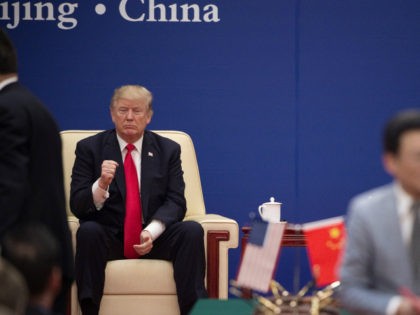
Falling inflation expectations diminish the risk of prices rising and could pressure Fed to cut rates sooner.
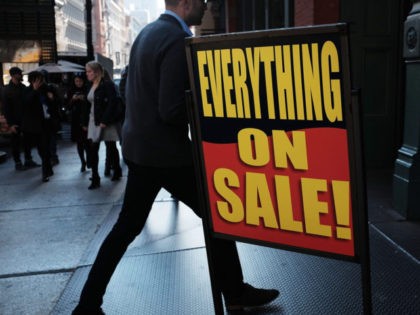
Democrats may be tempted to deny Trump a “win” by voting against aid for farmers. But that could be very costly in 2020
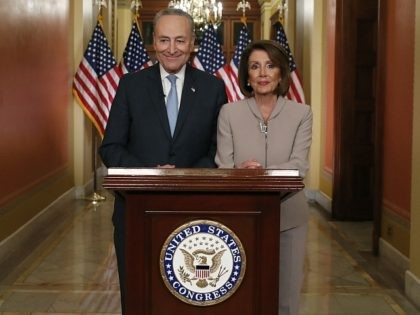
The trade dispute escalated Monday when China once again responded to U.S. tariffs by raising tariffs of its own.
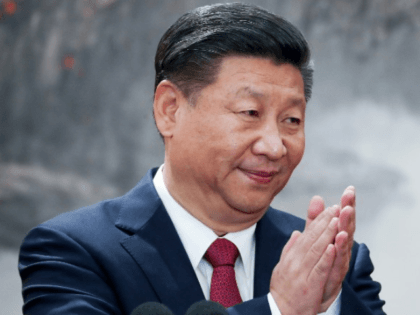
President Donald Trump defended his decision to level tariffs on China, warning them on Monday to come back to the negotiating table.
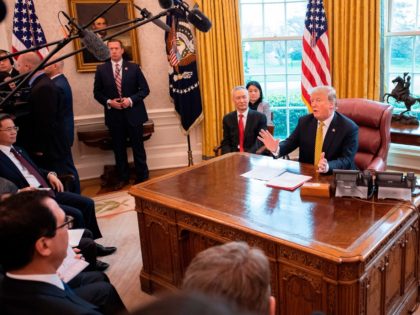
On this weekend’s broadcast of “Fox News Sunday,” Trump economic advisor Larry Kudlow argued that the tariffs the United States is set to levy on China were worth the risk, especially given the past two decades of what he called
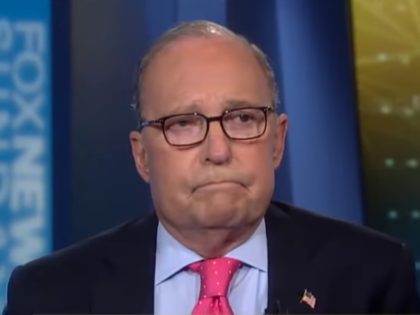
Vice President Mike Pence reassured Minnesota farmers this week that the Trump administration is working “literally hour by hour to reach an agreement with China.”

“The President also ordered us to begin the process of raising tariffs on essentially all remaining imports from China,” Lighthizer said.
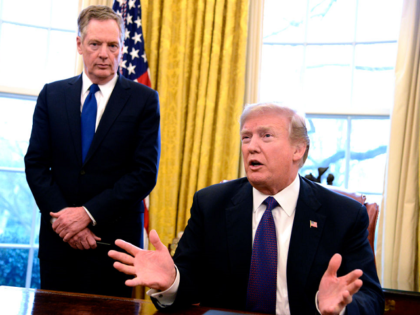
Trump’s tweets seemed to provide some comfort to Wall Street. Stocks jumped higher right after they hit the digital airwaves.
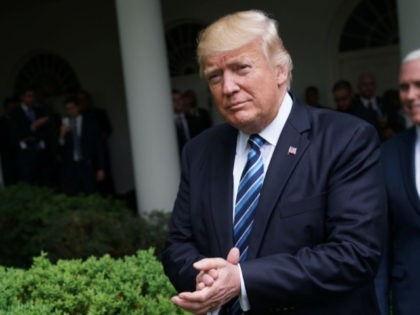
Prices of toys, sports equipment, computers, phones, and other items that would be hit by tariffs have been falling.

Beer, soup, televisions, phones, meats, sports equipment, and school supplies are all cheaper than they were before tariffs.
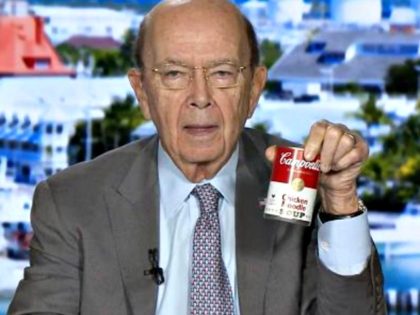
President Donald Trump defended his decision Friday to raise trade tariffs on China to 25 percent after they walked back a proposed trade deal.
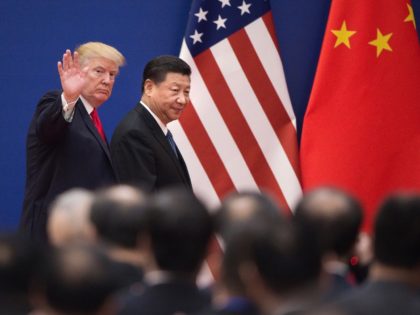
A few hours of talks on Thursday did not forestall the imposition of higher tariffs on goods imported from China.
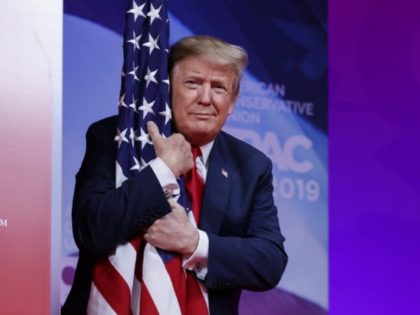
Documentary podcast Red Pilled America host Patrick Courrielche says the United States must change its “mindset” on free trade and instead return to policies that boost American manufacturing rather than enabling the outsourcing of U.S. jobs.
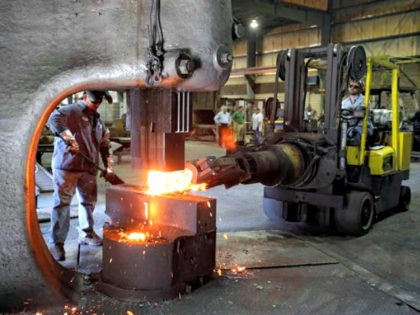
Trade negotiations are underway at the White House and are expected to last late into the night. Tariffs should rise at midnight.
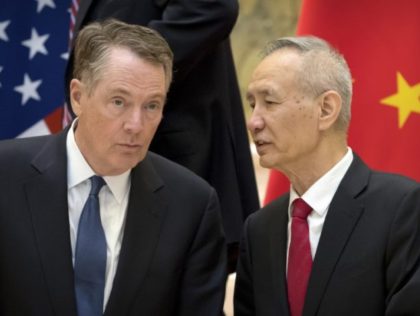
Neither the tariffs placed on steel and aluminum a year ago nor the more recent ten percent tariff on Chinese goods has pushed prices of goods sold to consumers up.

China wants to blame the tariff hike and escalating trade tensions on Trump, using the Taylor Swift defense: “Look what you made me do.”
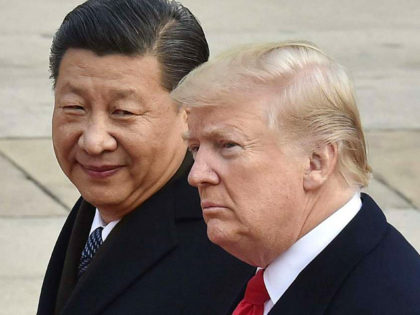
Even if businesses somehow passed on all the costs of tariffs on China, there would be no impact on consumers.
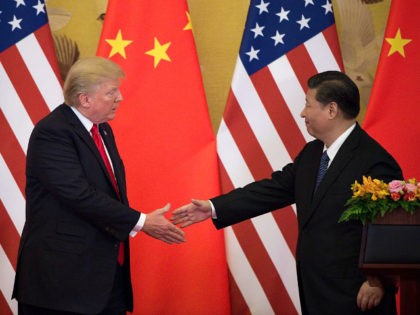
Thursday on Hugh Hewitt’s nationally syndicated radio show, Sen. David Perdue (R-GA), a member of the Senate Armed Services Committee, explained why it was his view that taking a tough tack with China was in the best interest long-term for
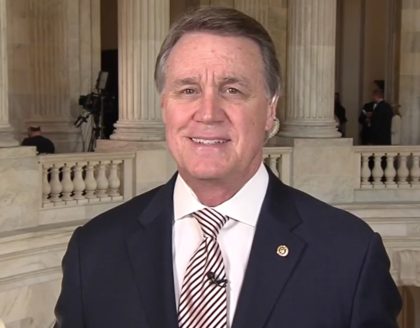
Lower than expected prices received by businesses indicates that inflationary pressures in the U.S. remain very weak.
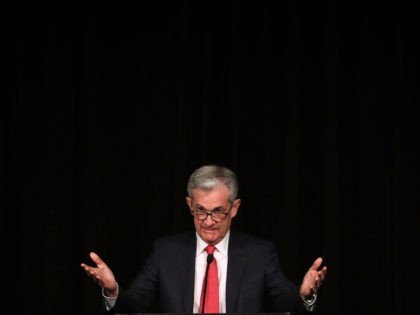
The bosses of the AFL-CIO, the largest union in North America, have been silent as President Donald Trump is set to hike tariffs on China to protect American workers and U.S. industry from unfair foreign competition.
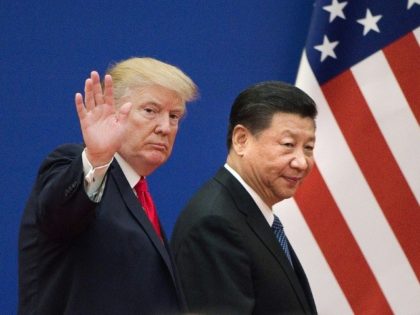
It’s “game on” for tariffs now that the U.S. Trade Rep has formally filed the paperwork that will raise taxes on Chinese goods.
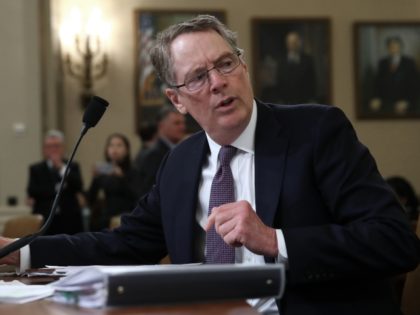
House Speaker Nancy Pelosi, the highest-ranking elected Democrat in American politics at the moment, in an interview with the Washington Post on Wednesday, backed up Republican President Donald Trump’s stance on China.
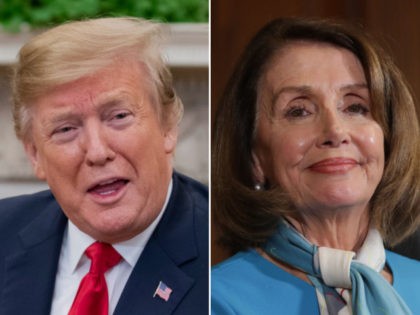
President Donald Trump accused former Vice President Joe Biden and other Democrats of weakening a potential trade deal with China on Wednesday.
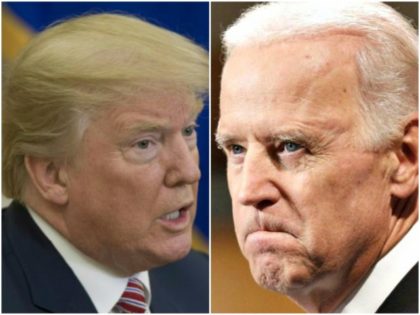
David P. Goldman, Asia Times columnist, told Breitbart News “tariffs aren’t going to be enough to stop the Chinese juggernaut.”
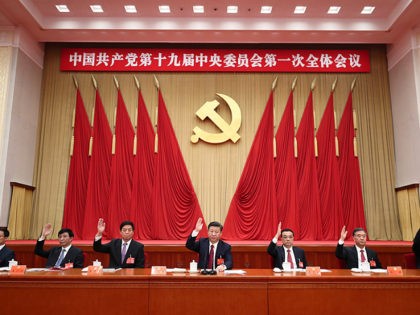
Former Vice President and 2020 Democrat candidate for president Joe Biden still does not recognize the “huge mistake” and “disaster” of bringing China into the World Trade Organization (WTO), Curtis Ellis of America First Policies says.
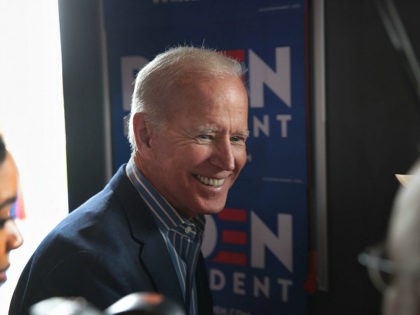
Chinese officials say they are still preparing to send a delegation for further trade talks but vow not to give in to U.S. pressure.
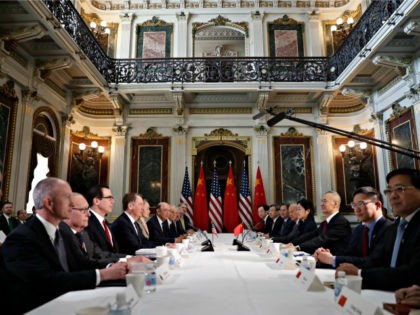
U.S. Trade Rep Robert Lighthizer said that tariffs on Chinese goods would be going up at midnight on Friday.
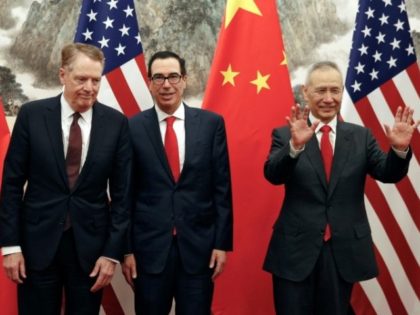
Senate Minority Leader Chuck Schumer backed President Donald Trump on the China trade talks this weekend as negotiations between the United States and the Chinese escalated in the wake of the president’s announced increased tariffs on Chinese imports.
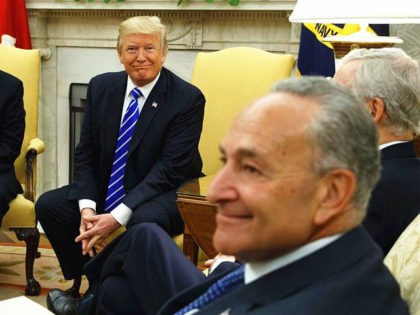
President Trump accused China of attempting to renegotiate terms of a trade deal with the U.S. and announced a big tariff hike.
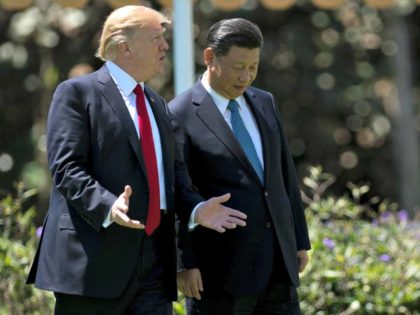
President Donald Trump is now willing to commit real money—federal money—to his infrastructure push, and without a doubt, the need is real.
